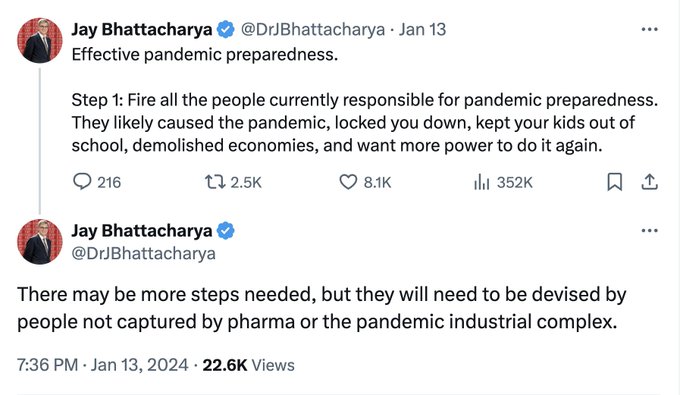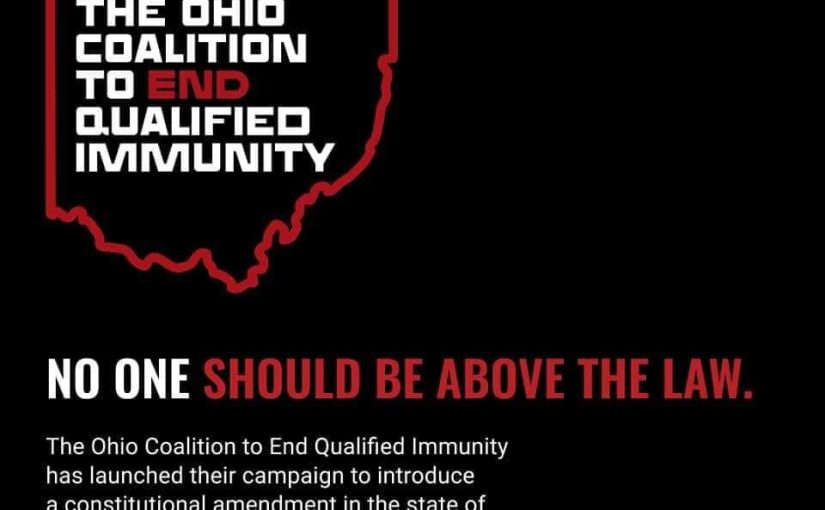Category: Political Opinion
A little money goes a long way in Franklin County! Your gift will help spread the word to the public at community festivals and fairs, purchase literature, and pay the cost of community outreach. $100 – Philosopher – LPO Banner Mug
If the money was loaned without value being expended, what value is lost if the money is not paid back?
Politics 101.
 TODAY! 10:30 AM
TODAY! 10:30 AM  End Qualified Immunity
End Qualified Immunity
When: Wednesday, December 4, 2024, 10:30 AM
Where: Grant Hearing Room, Ohio Statehouse, Columbus, OH
CALL TO ACTION! Join The Ohio Coalition to End Qualified Immunity and pack the room for the Ohio Ballot Board hearing tomorrow!
Humor.
#ThinkLibertarian
Sounds good to us.
 Tomorrow!
Tomorrow!  End Qualified Immunity
End Qualified Immunity
When: Wednesday, December 4, 2024, 10:30 AM
Where: Grant Hearing Room, Ohio Statehouse, Columbus, OH
CALL TO ACTION! Join The Ohio Coalition to End Qualified Immunity and pack the room for the Ohio Ballot Board hearing tomorrow!
It’s not about safety.
 TOMORROW!
TOMORROW!  End Qualified Immunity
End Qualified Immunity
CALL TO ACTION! Join The Ohio Coalition to End Qualified Immunity and pack the room for the Ohio Ballot Board hearing tomorrow!
Press Release
For Immediate Release
Join The Ohio Coalition to End Qualified Immunity for Ballot Board Hearing
Columbus, OH — December 4, 2024 — The Ohio Coalition to End Qualified Immunity, in collaboration with the Franklin County Libertarians, is urging Ohioans to pack the room at the Ohio Ballot Board hearing on Wednesday, December 4, 2024, at 10:30 AM. The hearing, taking place at the Grant Hearing Room in the Ohio Statehouse, will decide whether the proposed amendment to end qualified immunity can proceed as a single issue.
This crucial hearing could be a pivotal moment in Ohio’s push to end qualified immunity and hold law enforcement accountable. If approved, the coalition will work toward gathering approximately 420,000 valid signatures by July 2025 to place this historic amendment on the November 2025 ballot.
The initiative faces significant opposition, including hostile and biased remarks from Secretary of State Frank LaRose. His inflammatory statements against the coalition make it even more critical for supporters to show up and stand together.
“We need every voice in that room,” said a representative from The Ohio Coalition to End Qualified Immunity. “This is our opportunity to fight for accountability and ensure that the people of Ohio have their voices heard.”
Your presence at the hearing will make a real difference in advancing this important cause. Together, we can take the first step toward ending qualified immunity in Ohio and holding law enforcement accountable for their actions.
When: Wednesday, December 4, 2024, 10:30 AM
Where: Grant Hearing Room, Ohio Statehouse, Columbus, OH










